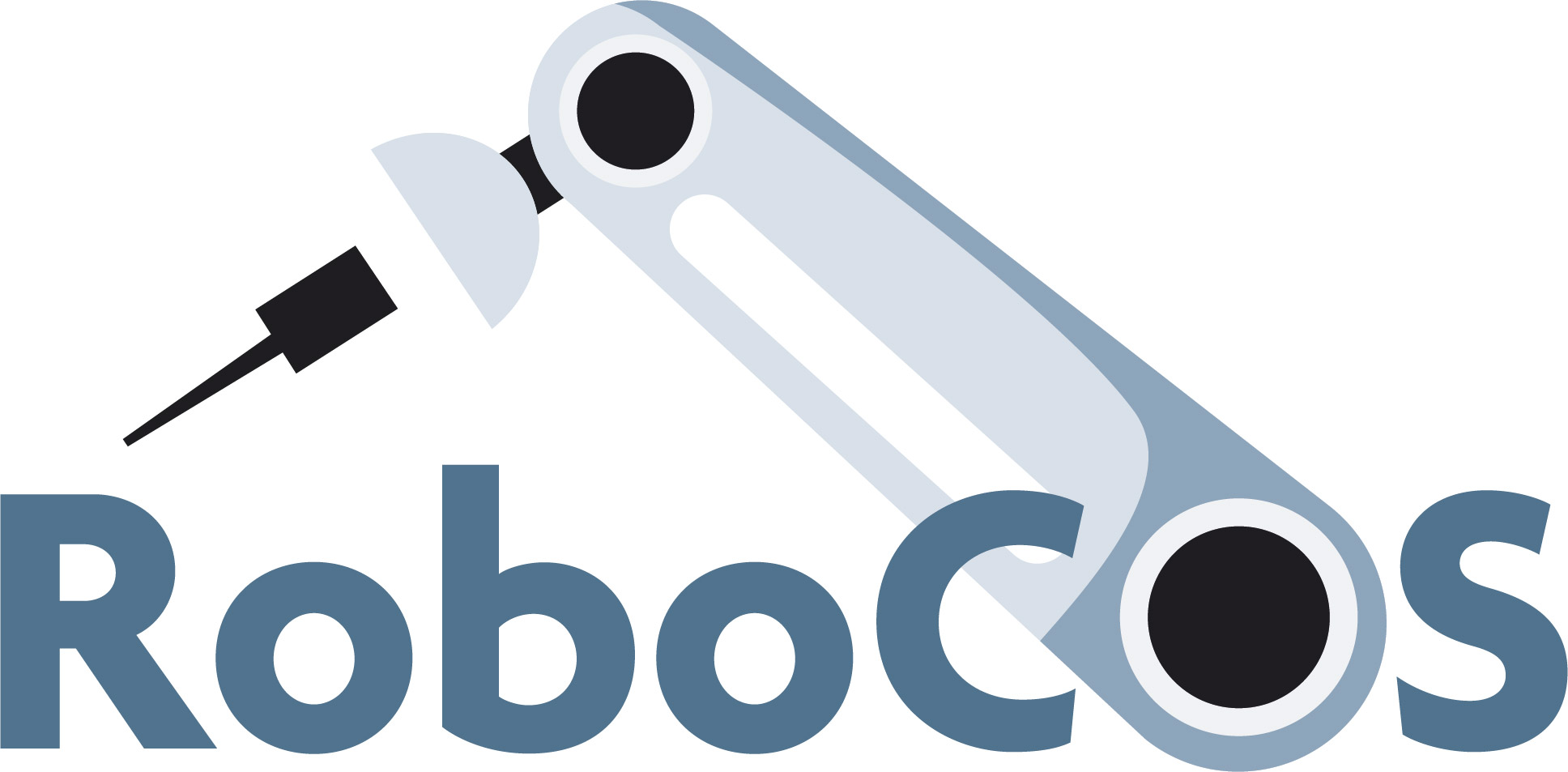
Robotic assisted surgery (RAS) is rapidly evolving and is predicted to be available to a widening range of clinical applications, both in the UK and internationally. While RAS is recognised for patient-related and clinician-related benefits, it is very expensive and, unlike other surgical procedures, requires major service reorganisation involving reconfiguration of hospital space, new training for surgical teams, novel ways of working, and alterations to clinical and patient pathways. Given that RAS is likely to increase, there is an urgent need for NHS organisations and other stakeholders to be able to make informed judgements of the overall “worth” of RAS for them.
In other fields, the development of “core outcome sets” (COS) have helped inform robust evaluation by healthcare decision makers by ensuring that all appropriate outcomes are considered in the decision-making process. In COS, the outcomes that are most important to all key stakeholder groups for a new clinical procedure (eg patients, doctors, NHS managers, policy-makers) are identified in advance and then used to see how the new procedure performs on all the different dimensions. Prior to this study, there was no COS for assessing the impact of RAS.
The aim of the RoboCOS study was to inform the development of a COS for RAS by mapping the range of outcomes others have used in research/policy documents and highlighting where there are gaps. We interviewed key stakeholders (including patients, clinicians, and NHS service managers) to identify the outcomes that are important to them. Outcomes were then taken forward with a 2-round online international Delphi survey (128 participants completed both rounds) and a consensus meeting to generate a relevant and comprehensive core outcome set for robotic assisted surgery. The consensus meeting led to the agreement of a 10-item core outcome set including outcomes at: patient, surgeon, organisation, and population levels.
The RoboCOS study was led by Dr Shafaque Shaikh (NHS Grampian) in collaboration with Prof David Beard (University of Oxford), Prof Marion Campbell (University of Aberdeen), Dr Katie Gillies (University of Aberdeen), Terry Mackie (Public Partner), Cameron Matthew (NHS Grampian), Prof Craig Ramsay (University of Aberdeen), and Clare Robertson (University of Aberdeen).
The RoboCOS study was funded by a NHS Grampian R&D Pump Priming Grant and the University of Aberdeen.
Contacts
- Clare Robertson; c.robertson@abdn.ac.uk
Status
CompletedPublications
Robertson C, Shaikh S, Hudson J, Roberts PG, Beard D, Mackie T, et al. (2023) The RoboCOS Study: Development of an international core outcome set for the comprehensive evaluation of patient, surgeon, organisational and population level impacts of robotic assisted surgery. PLoS ONE 18(3): e0283000. https://doi.org/10.1371/journal.pone.0283000
